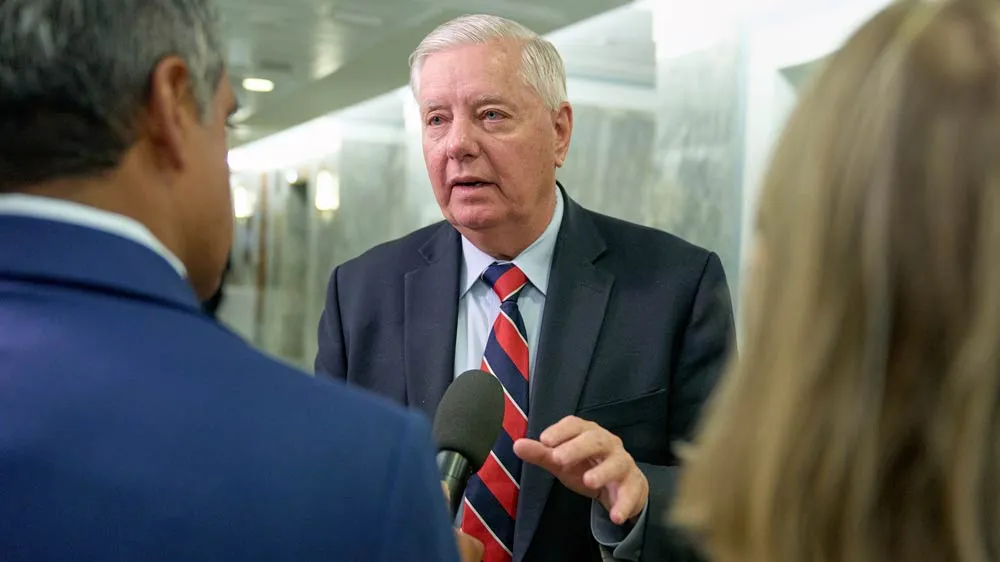January 15, 2016
AIDS United's Southern Reach Initiative Awards $1.4M in Funding
EDGE READ TIME: 4 MIN.
Twenty-one organizations, across nine states in the Deep-South heavily impacted by HIV/AIDS, received critical, innovative, advocacy project funding to advance the rights, health and dignity of people affected by HIV. Through the generous support of the Ford Foundation, AIDS United granted $1.4 million to 21 organizations across Alabama, Florida, Georgia, Louisiana, Mississippi, North Carolina, South Carolina, Tennessee and Texas.
The South is home to just 37 percent of the total U.S. population, yet experiences almost half (49 percent) of all new HIV diagnoses. Further, according to a state-by-state analysis released last week by the Centers for Disease Control and Prevention (CDC), death rates among people living with HIV in the South are three times higher than those in other parts of the country. These striking statistics are fueled by inequality related to poverty, stigma, racism and homophobia, and further compounded by the near universal refusal to expand Medicaid throughout the region.
The AIDS United Southern REACH Initiative (Regional Expansion of Access and Capacity to Address HIV/AIDS) shapes effective policies and builds capacity among local organizations to directly challenge HIV in the South and the disparities and social injustices that further fuel the epidemic.
Building on the strengths of local leadership and community-based organizations, the initiative supports targeted policy and advocacy efforts driven by and for people affected by HIV in the South through strategic grants, technical assistance and by creating a network of advocates dedicated to the cause. Managed by AIDS United, this work in the South has been generously supported by the Ford Foundation for 10 years.
The 21 grantees were selected out of a highly competitive pool of applicants and have demonstrated their ability to make significant change in their communities. Grantees are focused on important issues such as voter mobilization, expanding legal services in the area of housing and employment discrimination and combatting unjust HIV criminalization laws.
"I am inspired by the work of the Southern REACH grantees addressing HIV/AIDS in the Deep South," said Darren Walker, president of the Ford Foundation. "We are proud to support the individuals and organizations working to disrupt inequality, especially in the American South, where systemic injustice, discrimination and harmful laws and prejudicial policies are still far too pervasive."
Through Southern REACH, people living with HIV, their allies and those at risk are expanding their participation in the political process, advocating for needed changes and holding local officials accountable. Southern REACH is ensuring that local and state policies, legislation and government bodies are able to turn the tide of a growing epidemic in the South while also ensuring a more just and effective response for those living with HIV.
"The HIV epidemic and its associated disparities will continue to rage on until we harness the political will needed to challenge and then change the policies that fuel it. And that's exactly what Southern REACH grantees are doing," said AIDS United President & CEO Michael Kaplan. "We are so thankful for the Ford Foundation's leadership and unparalleled support for ending the HIV epidemic and promoting human dignity throughout the region."
Created by a merger between the National AIDS Fund and AIDS Action in late 2010, AIDS United's mission is to end the AIDS epidemic in the United States, through strategic grant-making, capacity building, formative research and policy. AIDS United works to ensure access to life-saving HIV/AIDS care and prevention services and to advance sound HIV/AIDS-related policy for U.S. populations and communities most impacted by the epidemic.
To date, our strategic grant-making initiatives have directly funded more than $91 million to local communities, and have leveraged more than $115 million in additional investments for programs that include, but are not limited to, HIV prevention, access to care, capacity building, harm reduction and advocacy.
The 2016 Southern REACH Grantees Include:
For more information, visit http://southernreach.aidsunited.org.


